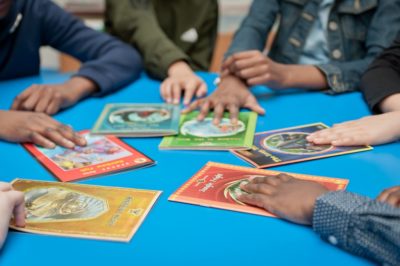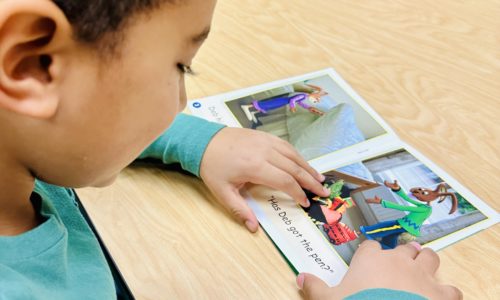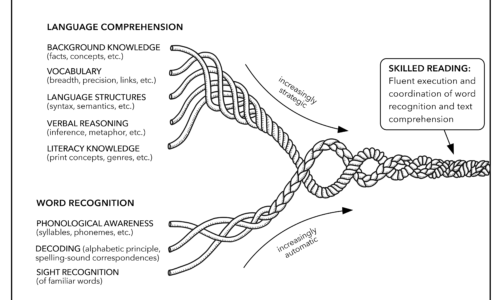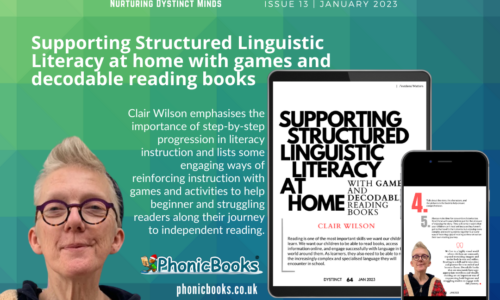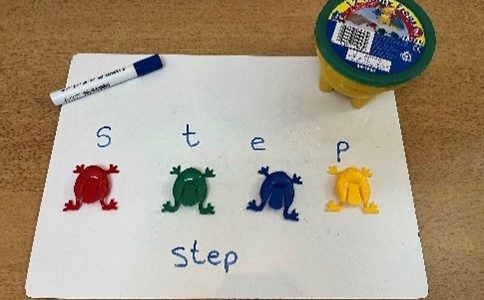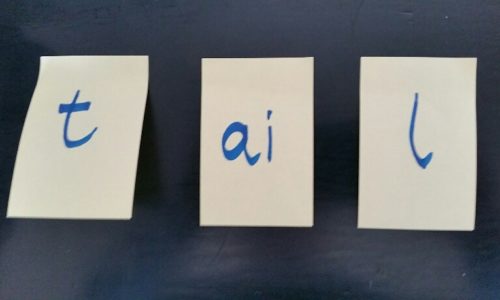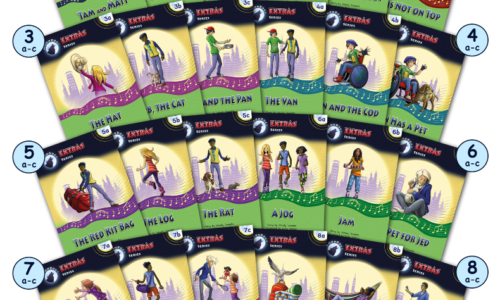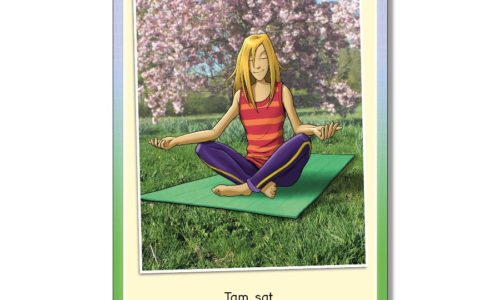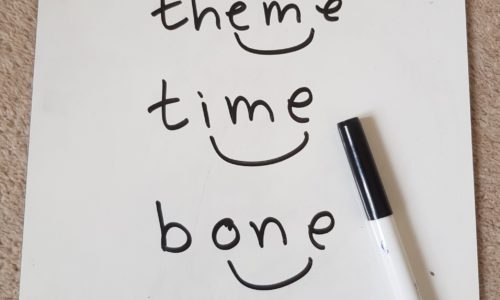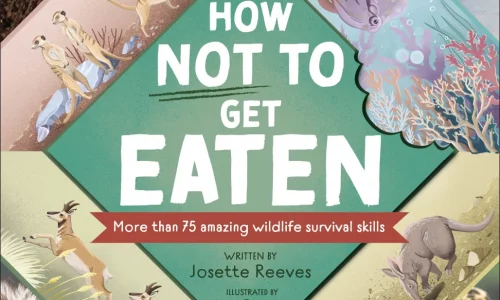
All too often, our classroom libraries offer a wonderful selection of fiction but only a limited amount of non-fiction. Why should we ensure that children have access to a wonderful range of non-fiction books? 1. Non-fiction books are fun Firstly, because so many non-fiction books published today are an absolute joy to read. With amazing […]
Read More

